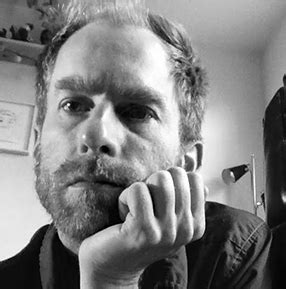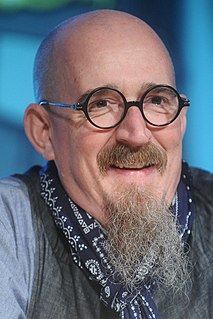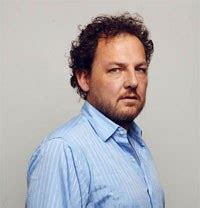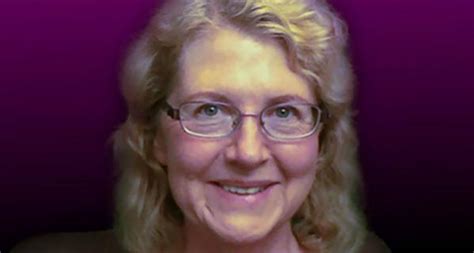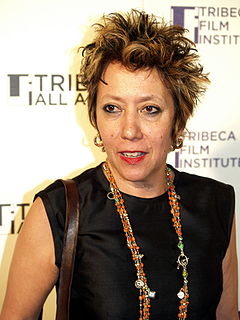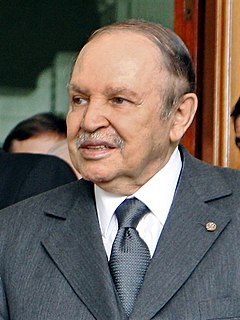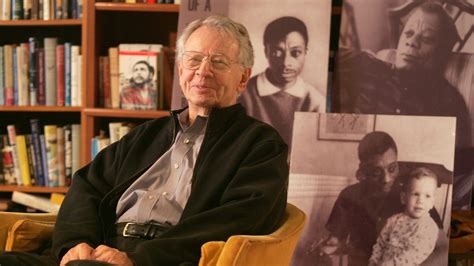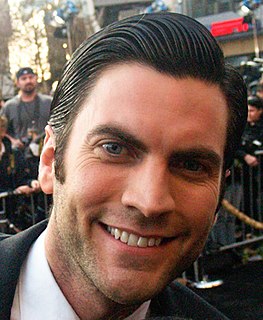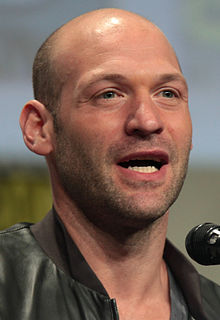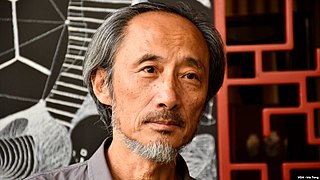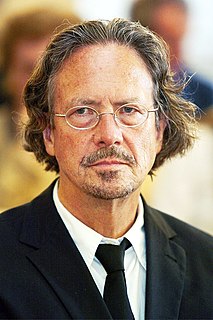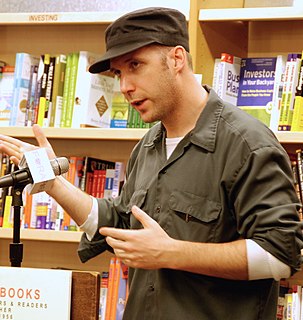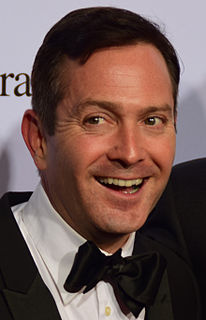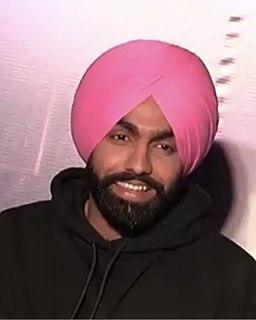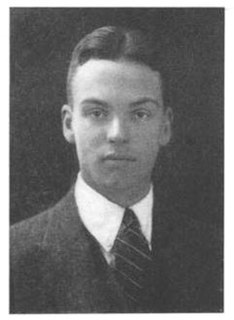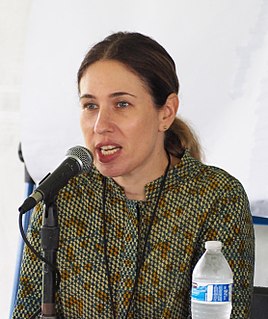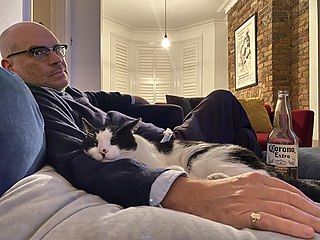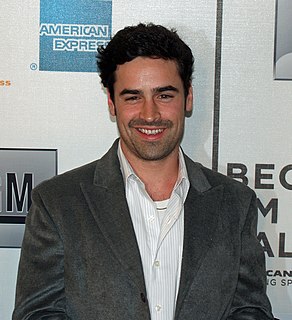Top 1200 Writing Dialogue Quotes & Sayings
Explore popular Writing Dialogue quotes.
Last updated on April 15, 2025.
I'm writing as I'm reading. I'm constantly already engaged in dialogue with the critics. None of these are my ideas solely. They are my form of entering into a dialogue with ideas that are already out there, and calibrating how much sense these make to me or not. I want to be responsible to the work that has already been done.
When you're doing those operation scenes, you not only have to be on top of the dialogue and the rhythm of the dialogue and what's happening dramatically, but you've got to technically get the rhythm right, so that everything is fitting with the dialogue at the right time. And you're performing the operation to the audience that's watching it. Thackery has to present it, as well. In some ways, that's the most challenging.
When I'm writing a script, before I can write dialogue or anything, I have two or three hundred pages of notes, which takes me a year. So, it's not like "what happens next." I've got things that I'm thinking about but I don't settle on them. And if I try to write dialogue before then, I can't. It's just garbage.
'Seize the Story' takes readers all the way through the process of writing fiction, from beginning to end. Every element, from dialogue to setting, plotting to character creation, is laid out and illustrated with examples. But the tone of the book is not that of a dry writing manual - it's definitely written for teenagers.
The way you write dialogue is the same whether you're writing for movies or TV or games. We use movie scriptwriting software to write the screenplays for our games, but naturally we have things in the script that you would never have in a movie script -- different branches and optional dialogue, for example. But still, when it comes to storytelling and dialogue, they are very much the same.
Rather than make claims of final theories, perhaps we should focus on our ever-continuing dialogue with the universe. It is the dialogue that matters most, not its imagined end. It is the sacred act of inquiry wherein we gently trace the experienced outlines of an ever-greater whole. It is the dialogue that lets the brilliance of the diamond’s infinite facets shine clearly. It is the dialogue that instills within us a power and capacity that is, and always has been, saturated with meaning.
I can work a lot faster when I'm writing a screenplay than when I'm writing a play because, if I'm having a problem with a scene or something, I can just be writing it in a way where there's no dialogue, or find a way to make sound do the work that I want to do or a close-up do the work that I need to do.
In live-action, writing, production, and editing happen in discrete stages. In animation, they overlap - happening simultaneously. This allows a real dialogue to occur between the writer, the director, the actors, and the editor, and it makes the writing process a lot more collaborative and a lot less lonely.
I hate it when I'm reading a comic, and the dialogue looks like stickers stuck on top to explain what's going on. For me the best is when your eye goes in a certain point and moves through the composition and then springs out on the dialogue, or gets confused in the image and then goes to the dialogue for an explanation.
In live-action, writing, production and editing happen in discrete stages. In animation, they overlap - happening simultaneously. This allows a real dialogue to occur between the writer, the director, the actors and the editor, and it makes the writing process a lot more collaborative and a lot less lonely.
I like Quentin Tarantino, especially the early films, but I'm a big fan of Billy Wilder and Preston Sturges... you know, people were writing great dialogue back then. It's as if people only have the memory of the last 15 years. So, before Tarantino no one was writing witty dialogue? That's ridiculous. Why do we have to keep referring to Tarantino?
In playwriting, you've got to be able to write dialogue. And if you write enough of it and let it flow enough, you'll probably come across something that will give you a key as to structure. I think the process of writing a play is working back and forth between the moment and the whole. The moment and the whole, the fluidity of the dialogue and the necessity of a strict construction. Letting one predominate for a while and coming back and fixing it so that eventually what you do, like a pastry chef, is frost your mistakes, if you can.
There are a number of things that I'm trying to get into the books. There's a meta-fictional aspect, if I may use that pretentious word, to writing anything. You're writing in the shadow of all the people that have gone before and, in a way, you're having a dialogue with them. As someone who's read J.R. Tolkien and Robert E. Howard and all the great fantasists before, this is almost my answer to them.
When I first started writing plays I couldn't write good dialogue because I didn't respect how black people talked. I thought that in order to make art out of their dialogue I had to change it, make it into something different. Once I learned to value and respect my characters, I could really hear them. I let them start talking.


